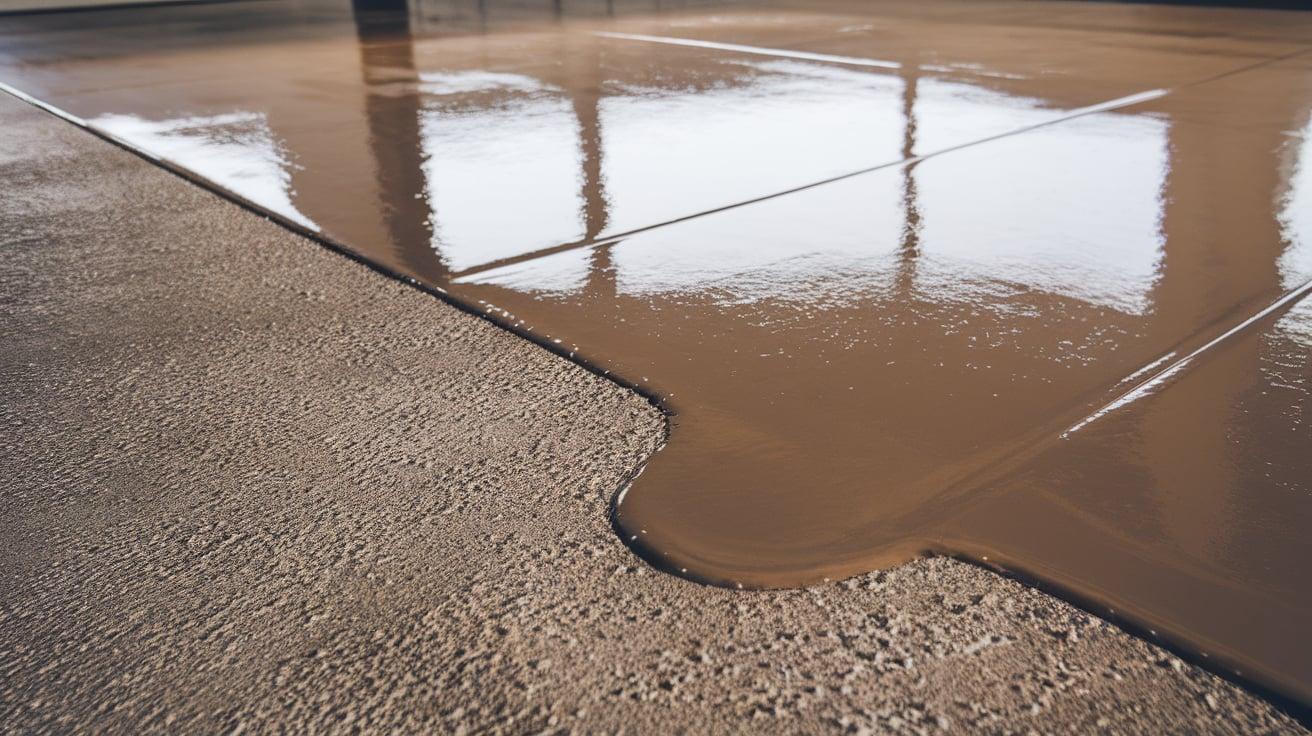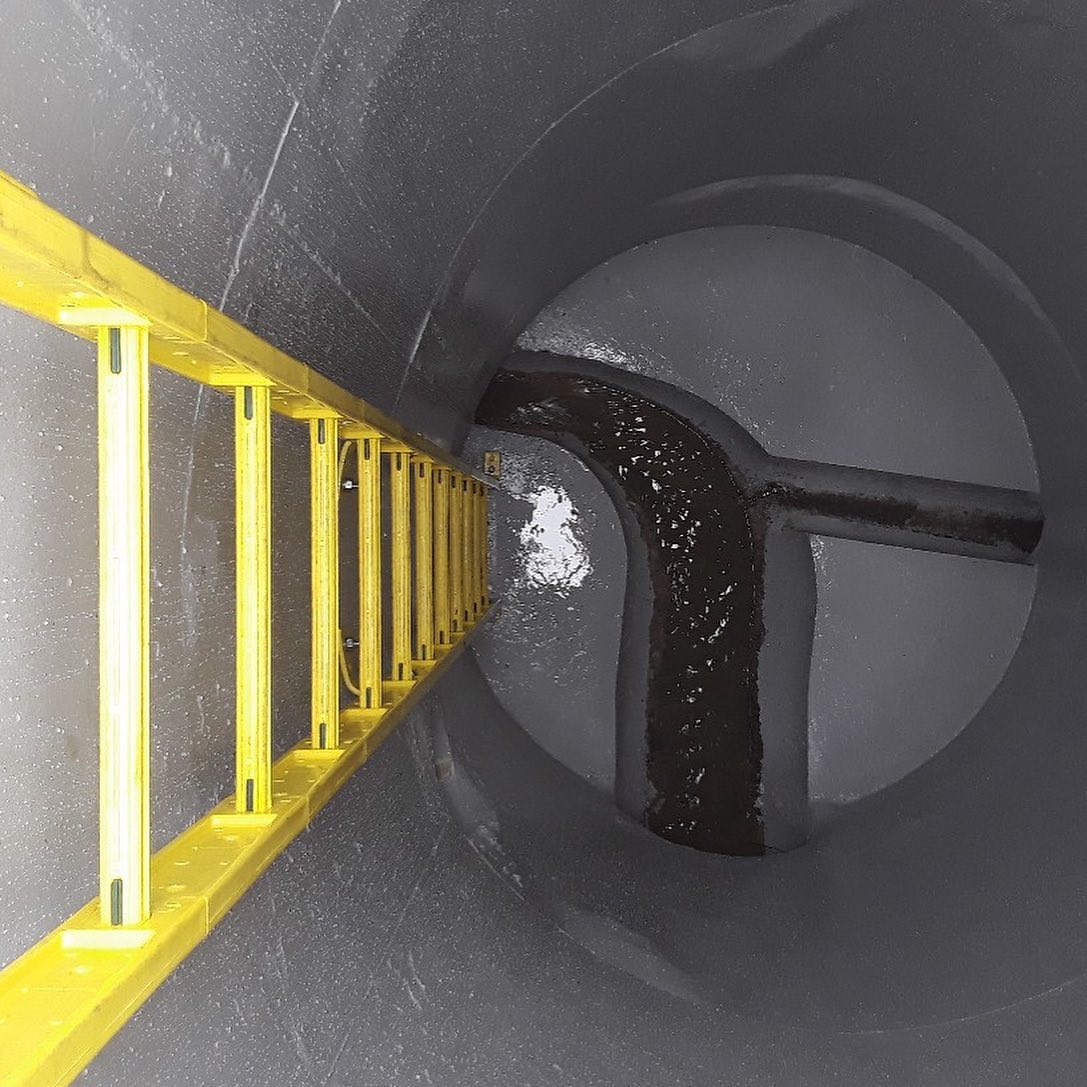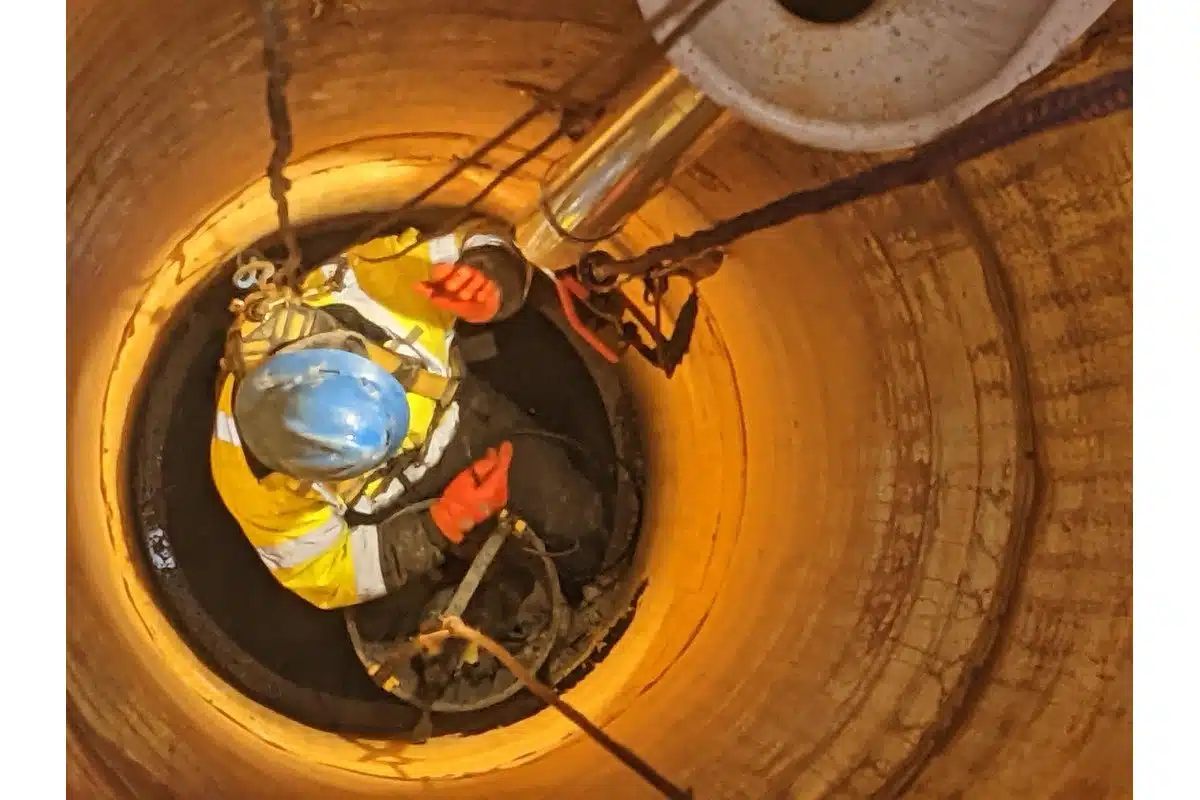Polyurea is a type of protective coating that has become increasingly popular in recent years due to its durability, strength, and versatility. As a result, many entrepreneurs have considered starting a polyurea business. If you’re thinking about venturing into this field, it’s important to weigh the pros and cons and consider various factors before making a decision. In this blog post, we’ll explore the key considerations to keep in mind when deciding whether to start a polyurea business.
- Market Demand: Before starting a polyurea business, it’s crucial to conduct market research to determine the demand for the product. Polyurea coatings are used in a variety of industries, such as construction, automotive, and marine. You should identify the potential customers and assess the competition in your area. Researching trade shows, industry associations, and online forums can help you get an idea of the market demand.
- Training and Certification: Polyurea spraying requires specialized knowledge and training. Although it may seem simple, the process requires expertise in handling equipment and chemicals. You’ll need to undergo training and certification to ensure that you’re qualified to handle the job safely and effectively. The training process takes time and can be costly, but it’s a necessary investment to ensure that you’re equipped to provide high-quality services.
- Investment and Equipment: Starting a polyurea business requires a significant investment in equipment, materials, and labor. You’ll need to invest in a spray rig, compressor, hoses, guns, and other tools. You should also consider the cost of setting up a facility, getting permits and licenses, and hiring staff. It’s important to estimate your startup costs and create a budget to ensure that you have enough funds to cover the expenses.
- Legal and Environmental Regulations: As with any business, you’ll need to comply with various legal and environmental regulations when starting a polyurea business. The Occupational Safety and Health Administration (OSHA) has specific safety guidelines for handling polyurea coatings. You’ll need to obtain permits and licenses from local and state authorities to operate your business. Additionally, you’ll need to comply with environmental regulations related to waste disposal and air pollution.
- Future Prospects: Lastly, you should assess the growth prospects of the polyurea industry before starting a business. The industry is expected to grow significantly in the coming years due to the increasing demand for sustainable and eco-friendly coatings. Polyurea coatings are a popular alternative to traditional coatings due to their durability and ability to reduce maintenance costs. You should consider the long-term growth prospects of the industry and how your business can stay ahead of the competition.
Starting a polyurea business can be a rewarding and lucrative venture if you carefully consider the key factors involved. Conducting market research, pursuing training and certification, estimating startup costs, complying with regulations, and assessing growth prospects are crucial steps to take. If you’re passionate about the industry and have the resources to invest in the business, a polyurea business can be a great opportunity. Remember to continue learning and adapting to the changing market trends to ensure the success of your business.




